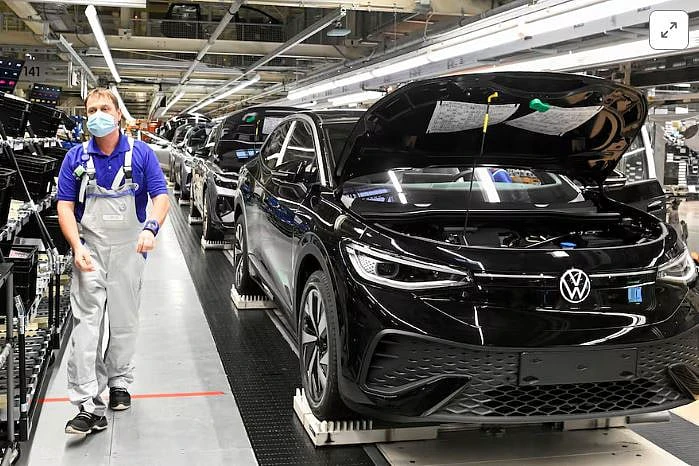Following US criticism of India’s high automobile import duties, the European Union (EU) is now pushing India to eliminate car import tariffs as part of wider trade negotiations.
Currently, India imposes some of the world’s steepest auto import tariffs, exceeding 100%. While Indian officials have signaled openness to lowering rates, local automakers are pushing for a minimum 30% duty, especially to safeguard investments in the growing electric vehicle (EV) sector.
Citing unnamed sources, Reuters reports that India is evaluating a phased reduction of these duties to 10%, despite opposition from domestic manufacturers. A commerce ministry official, when contacted by TNIE, refused to confirm or deny the report. However, he said details of ongoing trade negotiations cannot be made public. The fresh demand by EU comes after Trump administration imposed a broad 25% tariff on imported vehicles, which is now in effect. Tariffs on auto components like engines and transmissions are scheduled to begin on May 5.
In earlier trade talks with the EU, India proposed gradually reducing import duties on a select number of petrol cars to 30%. The EU has pressured New Delhi for a better deal, deeming this offer inadequate. While India may consider further concessions, no final decision has been made.
The EU is pushing for zero tariffs, mainly for cars meeting certain investment or environmental standards, as part of ongoing negotiations for the India-EU Free Trade Agreement. Both sides aim to finalize the deal by the end of this year.
European carmakers like BMW, Mercedes-Benz, and Volkswagen stand to gain significantly from lower duties. Tesla could also benefit, as it plans to export EVs from its Germany plant to India by 2025. Aa per reports, India’s commerce ministry has consulted the heavy industries ministry and major automakers on the EU’s stance. However, domestic players, including Tata Motors and Mahindra & Mahindra, oppose the move-especially any EV tariff cuts. Indian manufacturers have proposed maintaining high EV tariffs until at least 2029, while suggesting a gradual reduction for petrol vehicles to 30%, starting with small volumes taxed at 70%. They argue this would protect local production while allowing controlled imports.
